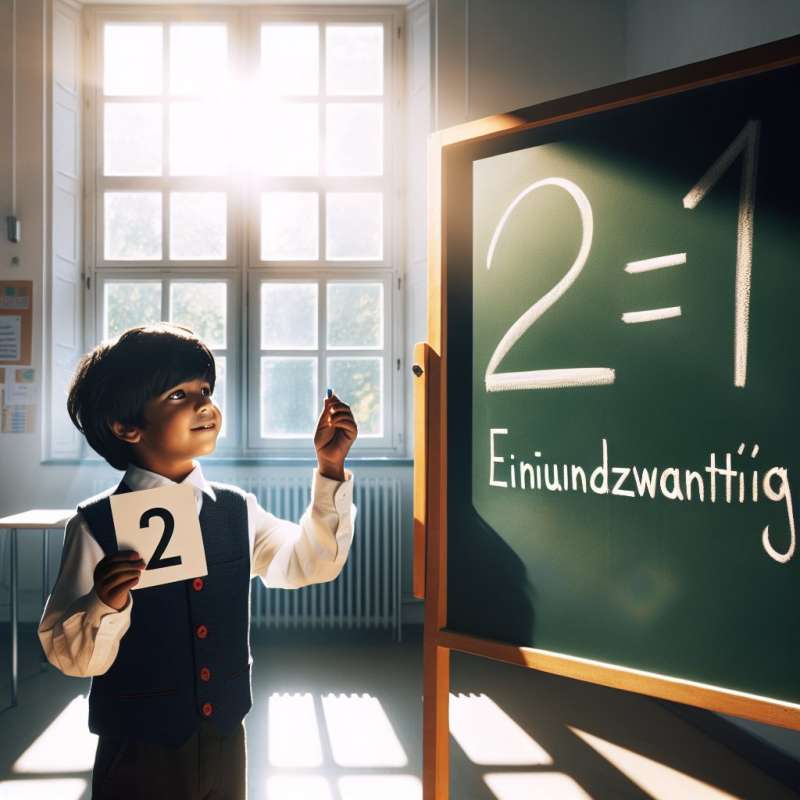
German Noun Gender Basics
In German, every noun has a gender: masculine (der), feminine (die), or neuter (das). Surprisingly, 'Mädchen' (girl) is neuter, not feminine, due to the diminutive '-chen' suffix which is always neuter.
Pluralization Patterns Unveiled
Unlike English, German has several ways to form plurals, often by adding 'n', 'en', 'er', or 's'. An interesting fact is that most masculine and neuter nouns take the 'e' or 'er' ending in plural.
Essential Verbs and Conjugation
Conjugating verbs in German varies with person and number. Key verbs like 'sein' (to be) and 'haben' (to have) are irregular, making them tricky to master but essential for basic communication.
Days and Months Vocabulary
Days in German start with Monday ('Montag') unlike many other countries that consider Sunday the first day. Also, months aren't capitalized in German, a surprising twist from English norms.
Numbers and Their Peculiarities
In German, numbers above 20 are said backwards, hence 'twenty-one' is 'einundzwanzig' (literally 'one-and-twenty'). This can be quite confusing for beginners not used to this structure.
Question Words for Beginners
German question words include 'wer' (who), 'was' (what), and 'warum' (why). An interesting fact is that the word order changes in a question, with the verb often moving to the first position.
Useful Phrases for Everyday
Phrases like 'Bitte' (please) and 'Danke' (thank you) are crucial. A fun fact: 'Gesundheit' is said when someone sneezes, meaning 'health' instead of the 'bless you' used in English-speaking countries.Longest German Word
The longest published German word is 'Rindfleischetikettierungsüberwachungsaufgabenübertragungsgesetz', a 63-letter term related to beef labeling laws.
What gender is 'Mädchen'?
Masculine (der)
Feminine (die)
Neuter (das)
Company